Attacks on cargo ships in the Red Sea in recent months are choking the Suez Canal - one of the world's major trade routes.
Yemen's Houthi forces have recently increased attacks on cargo ships passing through the Red Sea after the Israel-Hamas war broke out in early October 2023. They said the action was to show solidarity with Palestinians in the Gaza Strip. The US military and its allies have increased maritime security in the Red Sea, but attacks have continued.
Container ships have therefore had to avoid the Suez Canal - the waterway connecting Asia with Europe and the US. This has disrupted the global supply chain, pushing up product prices at a time when the world is fighting inflation. The Suez Canal currently contributes 10-15% of global trade and about 30% of the world's container shipping volume.
As tensions escalate, analysts say the global economy will be affected to some extent. Reuters reported that electric carmaker Tesla has almost halted production at its German factory because the attacks disrupted its supply of parts. Volvo Car will also halt production for three days next week at its Belgian factory to wait for supplies.
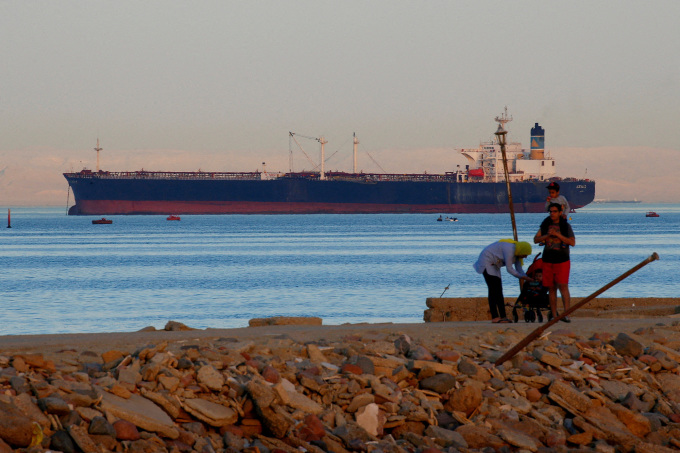
A container ship prepares to pass through the Suez Canal. Photo: Reuters
Retailers including Ikea (Sweden) and Next (UK) have warned of delays, shortages and increased shipping costs. Shoemaker Crocs said its goods could take up to two weeks longer to ship to Europe. Crocs said it had “no impact” on its business yet, but would continue to monitor the situation closely.
Some have started thinking about backup plans. Abercrombie & Fitch is even planning to ship by air to avoid delays.
Oil prices are also rising. Brent and WTI crude oil prices rose 3% at one point on January 12, due to concerns that the war in the region would spread and disrupt supplies.
In a report released earlier this week, the World Bank warned that disruptions to key cargo transport chains are “deepening supply chain vulnerabilities and increasing inflation risks.” Currently, six of the world’s 10 largest container shipping lines, including Maersk, MSC, Hapag-Lloyd, CMA CGM, ZIM and ONE, have almost completely stopped transiting the Red Sea.
Ships have been forced to detour around the Cape of Good Hope in South Africa, adding weeks to their journeys. Maersk CEO Vincent Clerc told the Financial Times on January 11 that restoring security in the Red Sea could take “months.” “This could have very serious consequences for global economic growth,” he said.
On the same day, the Kiel Institute for the World Economy (Germany) estimated that attacks on cargo ships in the Red Sea caused global trade to fall by 1.3% in December compared to November. Rising transportation costs also pushed up prices for consumers. "The longer the disruption lasts, the stronger the stagflation effect on the global economy," Mohamed A. El Erian, chief economist at Allianz, told X last week.
If the Israel-Hamas conflict escalates into regional tensions, or the Houthis shift their attacks to oil tankers and ships carrying essential raw materials such as grain, iron ore, and timber, the consequences for the global economy will be even more severe.
"If tensions escalate, energy supplies could be severely disrupted, pushing up prices. This could have spillover effects on other commodity prices," the World Bank report said.
Capital Economics also said the biggest risk is to energy prices. "While current transport disruptions are unlikely to reverse the trend of cooling global inflation, escalating military tensions will still push up energy prices, affecting consumers," the economists said.
Oxford Economics also forecasts that overall inflation will continue to cool. However, the risk of price increases remains. Container shipping costs are now double what they were in early December. If this persists, global inflation could rise by 0.6%.
The next few weeks could be even worse, as cargo ships rush to get products out of China before factories close for the Lunar New Year. "The five weeks leading up to Lunar New Year are going to be a very difficult time for the shipping industry," Philip Damas, director of shipping consultancy Drewry Supply Chain Advisors, told CNN.
The shipping industry has been struggling recently, with the Panama Canal also under pressure due to dry weather in recent months. "For companies that have to move goods around the world, the situation is very difficult. The Panama Canal is not navigable, the Suez Canal is not navigable," said Carolina Klint, an expert at consulting firm Marsh McLennan.
Analysts say the current predicament will last for some time. Even if the attacks were to stop today, allowing most ships to move through the Red Sea, the initial impact would still be felt. “The disruption and delays will take a long time to resolve,” said Matthew Burgess, vice president of logistics firm CH Robinson.
Ha Thu (synthesis)
Source link


![[Photo] General Secretary To Lam meets with veteran revolutionary cadres, meritorious people, and exemplary policy families](https://vstatic.vietnam.vn/vietnam/resource/IMAGE/2025/4/15/7363ba75eb3c4a9e8241b65163176f63)
![[Photo] National Assembly Chairman Tran Thanh Man attends the summary of the organization of the Conference of the Executive Committee of the Francophone Parliamentary Union](https://vstatic.vietnam.vn/vietnam/resource/IMAGE/2025/4/15/fe022fef73d0431ab6cfc1570af598ac)
![[Photo] Welcoming ceremony for Prime Minister of the Federal Democratic Republic of Ethiopia Abiy Ahmed Ali and his wife](https://vstatic.vietnam.vn/vietnam/resource/IMAGE/2025/4/15/77c08dcbe52c42e2ac01c322fe86e78b)
![[Photo] Air Force actively practices for the April 30th celebration](https://vstatic.vietnam.vn/vietnam/resource/IMAGE/2025/4/15/16fdec3e42734691954b853c00a7ce01)
![[Photo] Ho Chi Minh City after 50 years of national reunification through buildings and symbols](https://vstatic.vietnam.vn/vietnam/resource/IMAGE/2025/4/15/a224d0b8e489457f889bdb1eee7fa7b4)

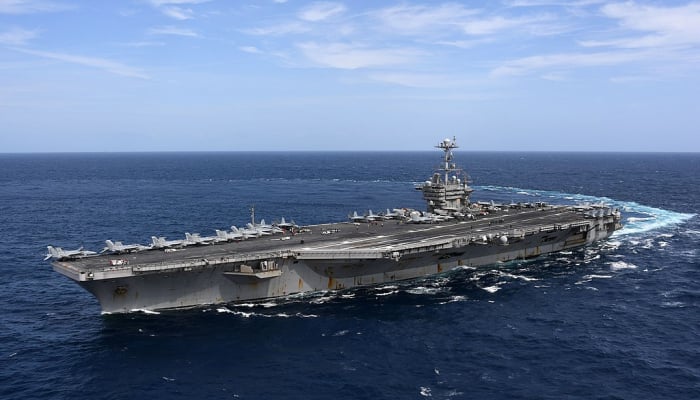

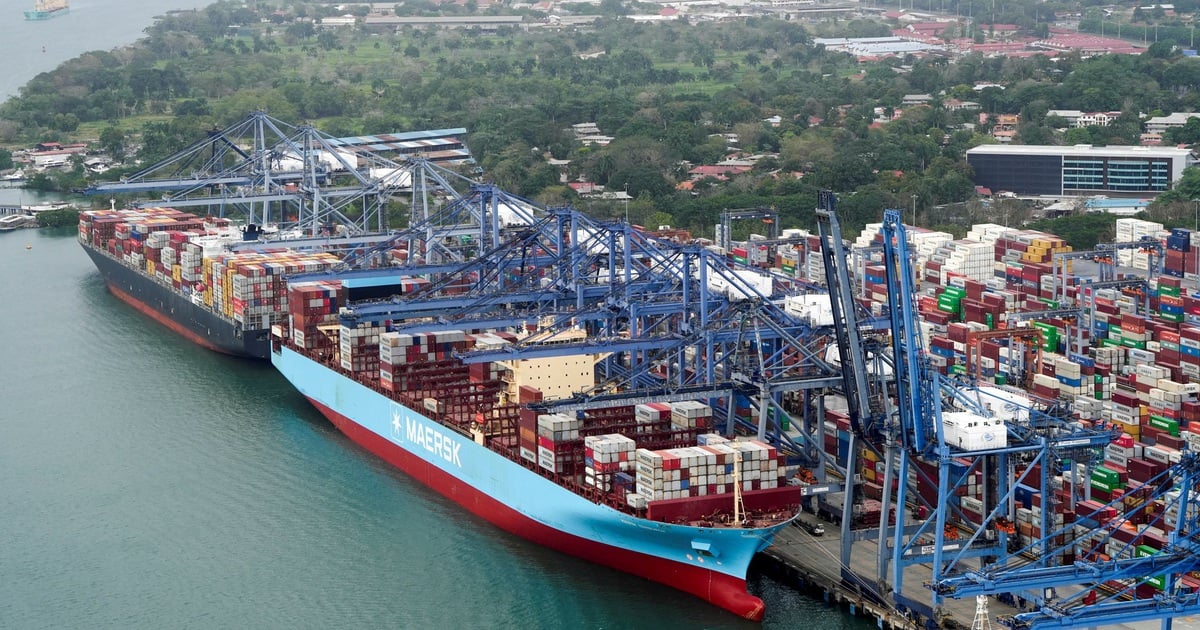

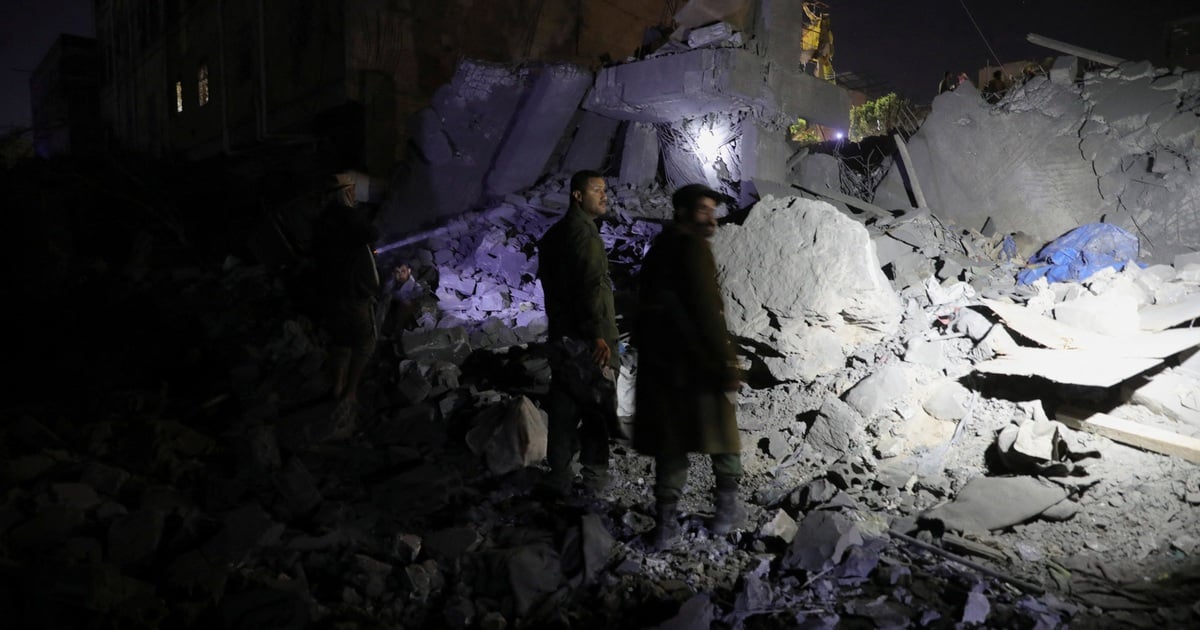

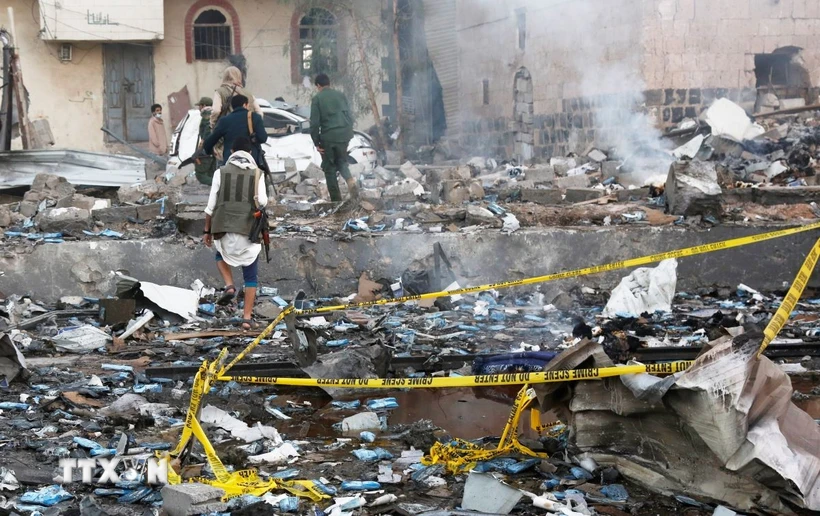






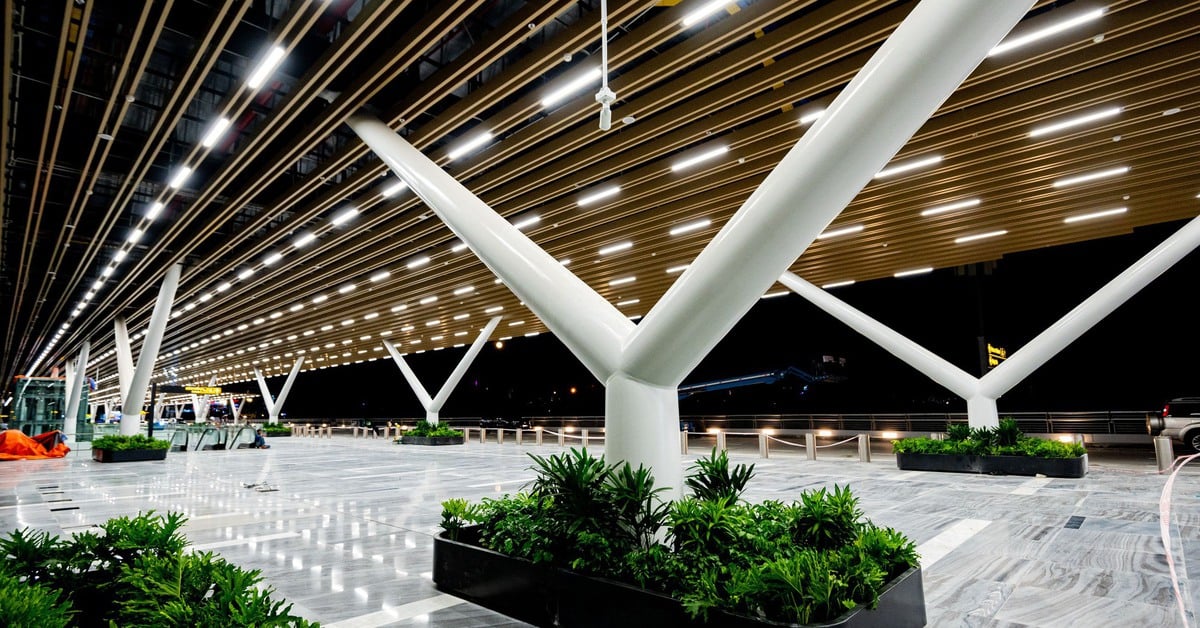
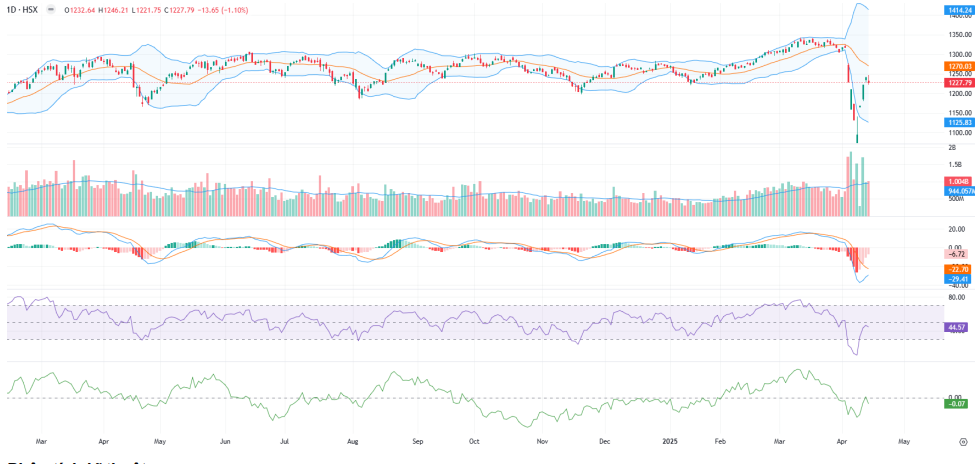







































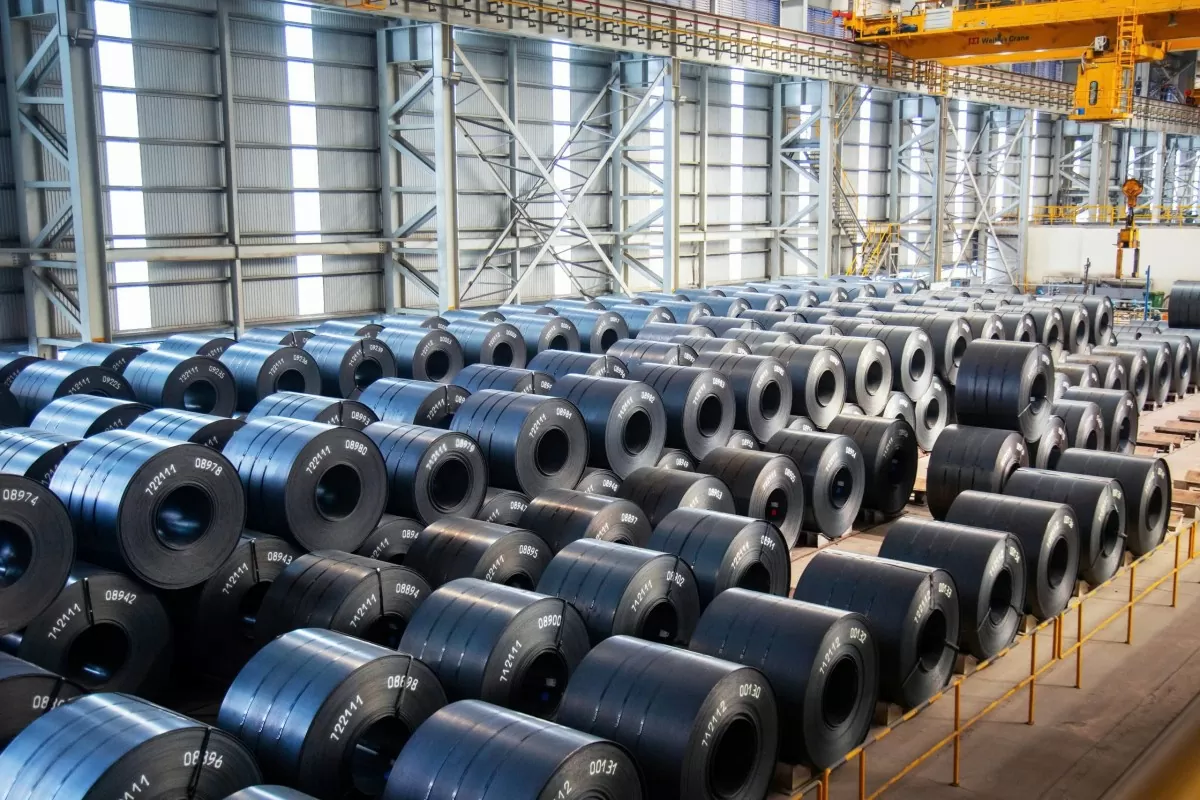


































Comment (0)